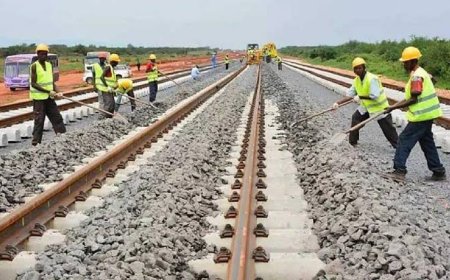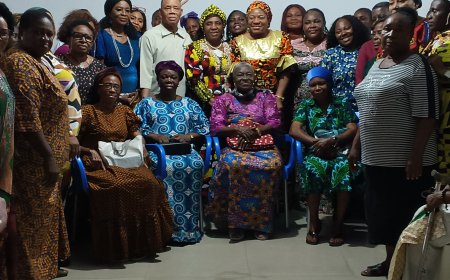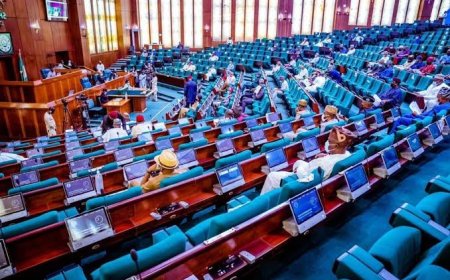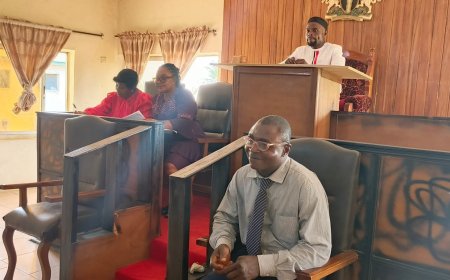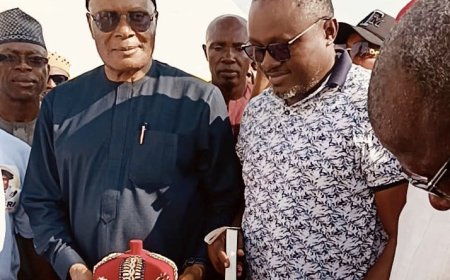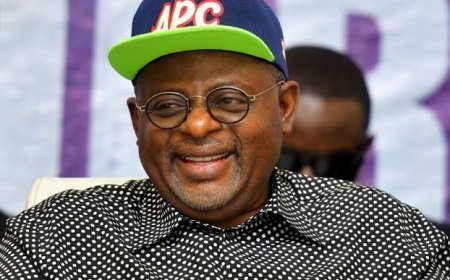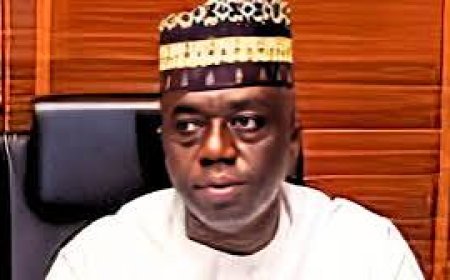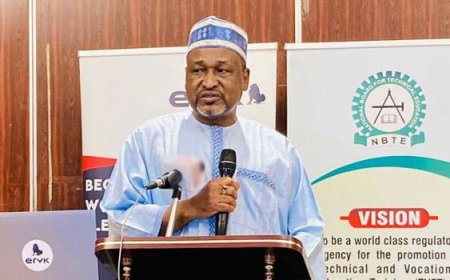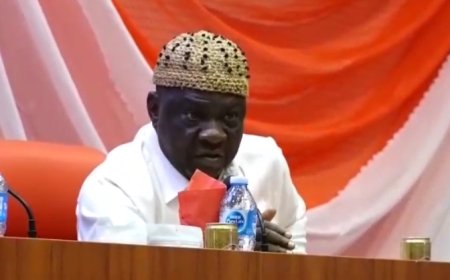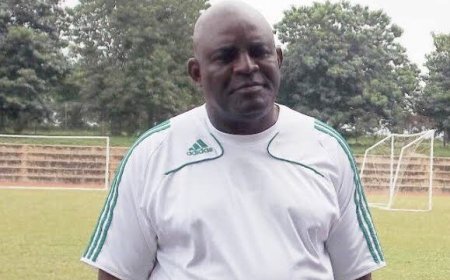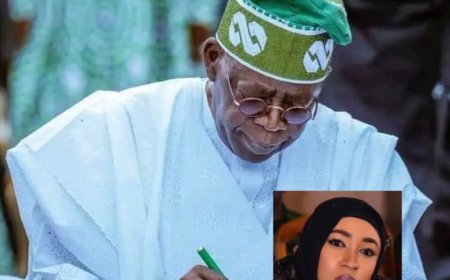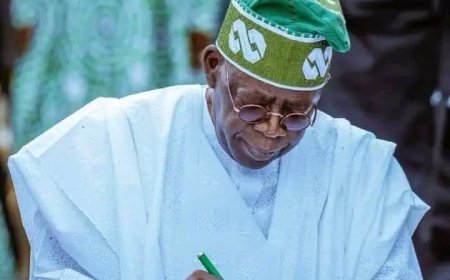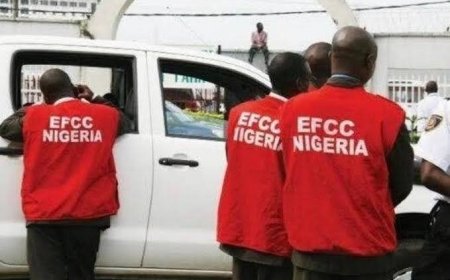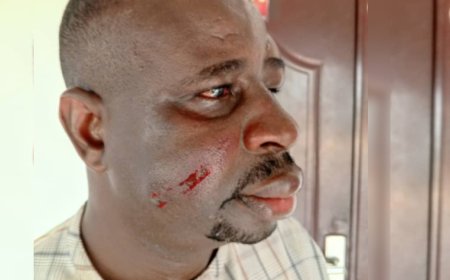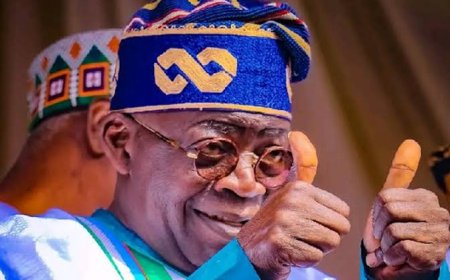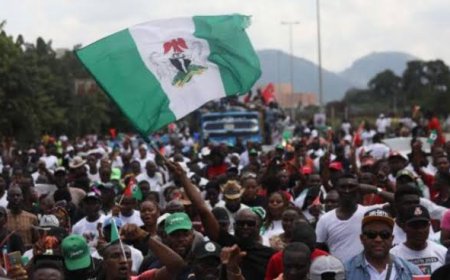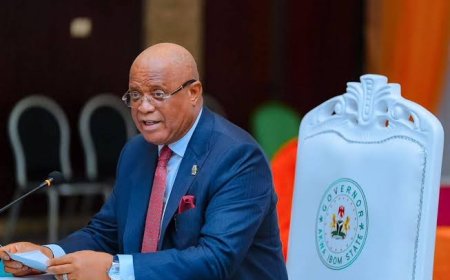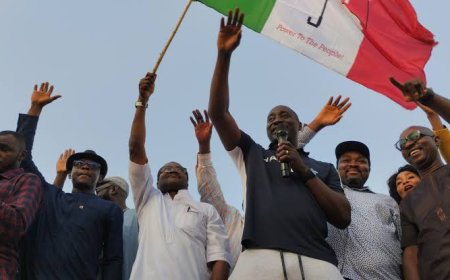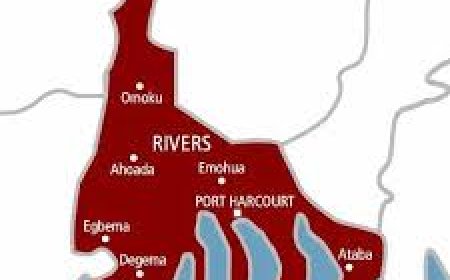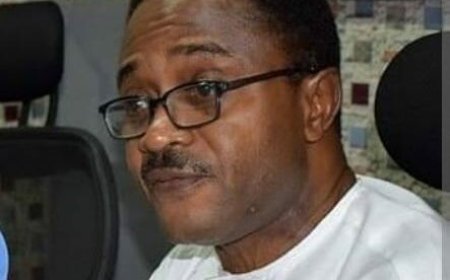TINUBU 2027: CAN THE KINGMAKER KEEP THE CROWN?
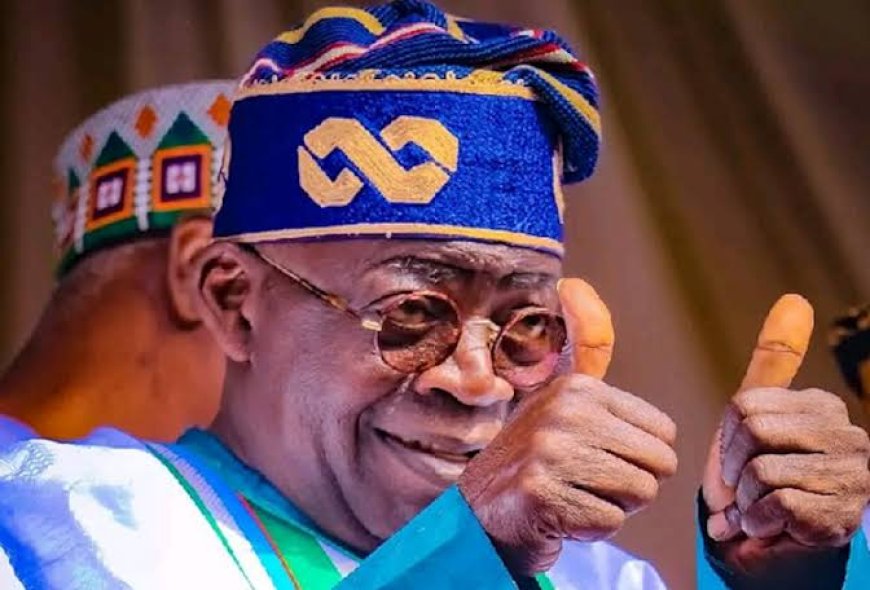
Anthony EKPO BASSEY
"Even the lion must prove its strength every day in the jungle."
As 2027 looms on Nigeria’s political horizon, the battle lines are quietly being drawn, and at the heart of the coming storm stands President Bola Ahmed Tinubu, a man who clawed his way to the top with grit, guile, and godfatherly cunning. But now, with the weight of the nation on his shoulders and growing grumblings from every corner of the country, the question echoes louder with each passing day: can the kingmaker keep the crown?
Tinubu’s rise to Aso Rock was not handed to him on a silver platter. He fought for it relentlessly. For years, he was the puppeteer behind the power, the architect of alliances, the political powerhouse of the South-West. But in 2023, the godfather became the gladiator, stepping into the ring himself. He emerged victorious, albeit through a narrow and bitterly contested win. Now, the throne is his but “heavy is the head that wears the crown.”
Since assuming office, Tinubu’s “Renewed Hope” mantra has been met with renewed hardship. Fuel subsidy removal, a floundering naira, soaring inflation, and widespread insecurity have left many Nigerians wondering whether they exchanged six for half a dozen. For all the promises of economic rebirth, what the people see and feel is rising hunger, joblessness, and a widening wealth gap. And as the Yoruba proverb goes, “when the soup is too salty, even the meat becomes bitter.”
Tinubu may still command loyal lieutenants and control vast political networks, but 2027 won’t be decided in backroom deals or party primaries. It will be decided in the streets, at the ballot boxes, by a frustrated and fatigued electorate. His famed political machinery may oil the wheels, but if the engine of public trust remains broken, all that gear will go nowhere.
The North, which played kingmaker in 2023, is already watching with calculating eyes. Their loyalty is never guaranteed, it is rented, not owned. If Tinubu fails to meet regional expectations or if a charismatic northern candidate emerges, the same zone that boosted him could swiftly become the one that breaks him. After all, “the axe forgets, but the tree remembers.”
Meanwhile, the embers of the “Obidient” movement remain warm. Young Nigerians, digitally empowered and politically awakened, have not gone back to sleep. Disillusioned but not defeated, they are watching, waiting, and organising. If that base is reignited, especially in alliance with other dissatisfied blocs, Tinubu could face a firestorm fiercer than 2023.
To win again, Tinubu must do more than campaign. He must convince. He must confront Nigeria’s mounting crises head-on, not with flowery speeches or blame games, but with tangible, transformative action. Bread and butter issues will decide his fate. If the people continue to choke on the smoke of suffering while he dances to the drums of self-praise, they will surely remember when it is time to vote and “a child who is not embraced by the village will burn it down to feel its warmth.”
Yes, Tinubu is a master tactician. Yes, he has faced the odds before. But “no matter how many times the rat escapes the trap, the day of reckoning will come.” It is already obvious that 2027 is not a given, it is a gamble. And unless there is a sharp shift from political pageantry to people-centred performance, the crown he fought so hard to wear may slip from his grasp.
The countdown has begun, the silence before the storm is fading, and the dance toward destiny has resumed.
In 2027, the question will not be whether Tinubu was once powerful, it will be whether he is still wanted.
